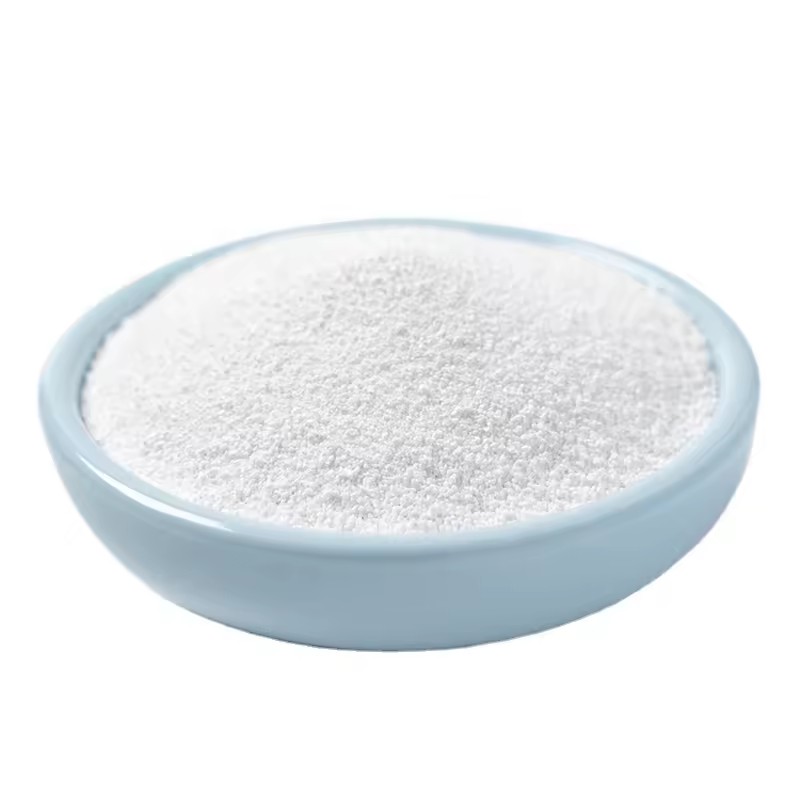Aspartame is a widely used low-calorie sweeteners composed of aspartic acid and phenylalanine. Moderate intake of aspartame is generally considered safe, but there may be some hazards associated with prolonged high intake or for specific populations:
Allergic reactions
Phenylalanine can cause allergic reactions, which are especially dangerous for people with asthma and hay fever. An allergic reaction may manifest itself in symptoms such as headache, facial heat, rash, shortness of breath and, in severe cases, may lead to shock and death.
Increased risk of disease
Studies have shown that phenylalanine negatively affects the gastrointestinal tract, leading to gastrointestinal inflammation and gut microbial dysbiosis. If ingested consistently, it may increase the risk of diseases such as cancer, diabetes, and obesity.
Affects the nervous system
Phenylalanine is broken down in the body into phenylacetone, which can affect the synthesis and release of neurotransmitters, leading to neurological symptoms such as headaches, memory loss, and insomnia.
Phenylalanine, a metabolite of aspartame, may compete with other substances when passing through the blood-brain barrier, thereby interfering with neurotransmitter transmission and possibly inducing the development of migraines, especially when ingested in excess, which may lead to neurological damage.
It has been suggested that aspartame may cross the blood-brain barrier, altering amino acid ratios in the brain and interfering with neurotransmitter transmission, which may increase the incidence of brain disorders and may also affect memory.
Hazards to Specific Populations
People with phenylketonuria
These patients lack the enzyme phenylalanine hydroxylase, which converts phenylalanine into a harmless substance. The phenylalanine in aspartame further increases the concentration of phenylalanine in the blood, leading to the accumulation of phenylalanine in the body, which can exacerbate the clinical symptoms, and may also lead to brain damage and weakening of the intellect.
Other possible harms
Low immunity: If the elevation of phenylalanine is triggered due to excessive intake of aspartame, it may affect the stabilization of amino acid levels in the body, which is more likely to make the human body develop low immunity.
Other potential effects: It may also have an effect on gut microbes, may lead to liver problems, and may have an effect on bone health.